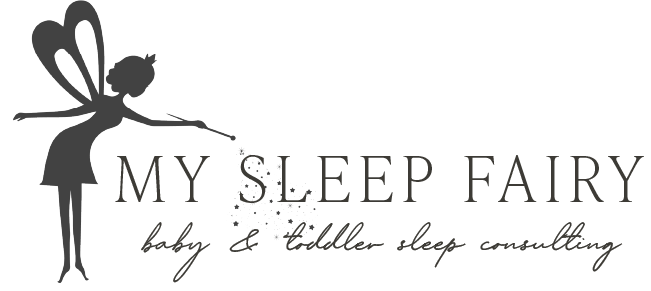The Many Benefits of Sleep
Sleep has always been, and will likely continue to be, a bit of a mystery.
From an evolutionary standpoint, it seems like something that we should have abandoned a few hundred thousand years ago. The fact that we fall into a near unconscious state for a third of our day, every day, leaving us vulnerable to whatever horrifying dangers we faced in the early days of civilization, makes me wonder how we ever made it this far as a species.
But it just goes to show you that whatever sleep does for us, it’s obviously vital to our health and well-being. If it wasn’t, those individuals who needed less sleep would have risen to the top of the gene pool a long, long time ago, and those that thrived on a lot of sleep would have been, well, eaten probably.
As of yet, the scientific community hasn’t been able to tell us exactly why we sleep, but there is definitely a consensus among researchers (and new mothers) that adequate sleep is good for you in a whole bunch of ways.
We’re all familiar with the fact that we have a hard time focusing on information when we’re tired
Absorbing information is only half the battle though. Actually, if you really want to get technical, it’s only a third. Learning and memory are divided into three functions. Acquisition, consolidation, and recall. Put simply, you need to receive the info, then you need to stabilize the memory of it, and finally, you need to be able to access it when you’re watching “Jeopardy!”
Acquisition and recall really only take place while you’re awake. Consolidation, on the other hand, “takes place during sleep through the strengthening of the neural connections that form our memories. The overall evidence suggests that adequate sleep each day is very important for learning and memory.”
So even if you manage to focus on what you’re learning and acquire the information, without sleep, that information won’t be properly stored in the brain, and when you try to access it, you’ll find yourself drawing a blank and making that face. You know the one your husband gets when you ask him to talk about his feelings more often? That one.
As adults, once we’re out of school, learning becomes substantially more optional. For your kids though, learning is their primary responsibility for the first 18-23 years of their lives, so considering how much they need to retain, the importance of a healthy sleep schedule is hard to overstate.
We all know that when we don’t get enough sleep, we get short-tempered and irritable.
A study from the University of Pennsylvania showed that subjects who experienced even partial sleep deprivation reported feelings of stress, anger, sadness, and mental exhaustion. Yeah, Yeah, Yeah. We’re all aware that we get emotional in very negative ways when we’re running on too little sleep, but why? Why shouldn’t it have similar effects to say, a few glasses of wine? Why doesn’t sleep deprivation cause us to start telling people we love them or cause us to develop a heightened confidence in our karaoke abilities?
Again, it’s a bit of a mystery, but some researchers have suggested that sleep deprivation stimulates activity in the amygdala. That’s the little almond-shaped part of the brain that’s responsible for feelings of, among other things, anger and fear. These amped-up feelings can lead to an overall sense of stress and hostility towards others, which is probably at least part of the reason why you want to punch your co-worker in the face every time uses finger guns and says things like, “Sounds like somebody didn’t get enough sleep last night.”
We can see how getting enough sleep is essential to learning and emotional well-being, but what about some more tangible benefits? Well, short of eating and breathing, you would be hard pressed to find anything with more health benefits than getting enough sleep. “
“Sleep services all aspects of our body in one way or another: molecular, energy balance, as well as intellectual function, alertness and mood,” says Dr. Merrill Mitler, a sleep expert and neuroscientist at the National Institutes of Health. “Sleep affects almost every tissue in our bodies,”
People who regularly get between 7-9 hours of sleep see significantly lower rates of obesity, high blood pressure, stroke, infections, depression, diabetes, inflammation, hypertension, heart disease, heart attacks, and heart failure. They also report higher satisfaction with their sex lives, better performance at work, and take fewer sick days than people who typically sleep less than 7 hours a night.
So there’s no question that sleep, while it remains mysterious, is definitely an essential part of a healthy, happy lifestyle.
But that all changes when you have a baby, right? I mean, you’ve brought a new life into this world, and you’re expected to sacrifice your sleep for a few years, maybe six or seven at the most, in order to respond to your baby’s needs, which, for some reason, they seem to have in spades in the middle of the night.
This is, in my mind, the most problematic myth about parenthood, and one that needs to be put to bed - for good.

